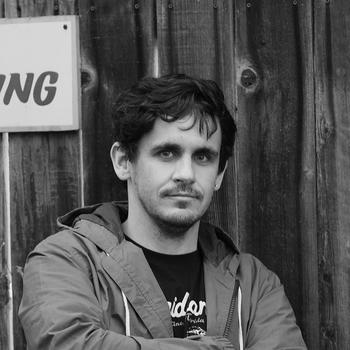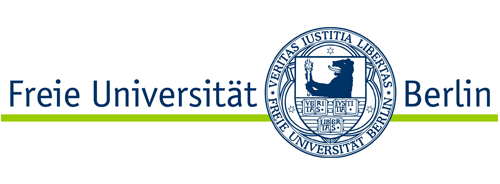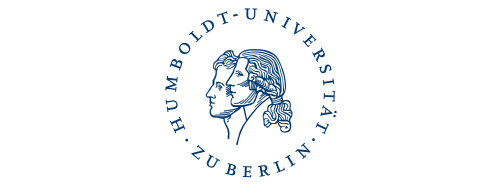Scott Cowan
I am a philosopher and artist, and also have a background in theology (MA). I work in the Philosophy department, as well as in the Program for Critical Theory, at UC Berkeley. Beginning in 2022, I joined the “Reorganizing Ourselves” research group (housed within the GRK 2638 Normativity, Critique, Change) at the Free University in Berlin.
University of California, Berkeley
Modern Philosophy
- Spring 2021
Descartes
- Fall 2020
Modern Philosophy
- Spring 2020
Individual Morality and Social Justice
- Summer 2019
- Fall 2019
Aesthetics
- Summer 2019
University of Wisconsin-Milwaukee
Philosophy of Eastern Religions
- Spring 2017
- Fall 2016
Philosophy 101
- Spring 2015
- Fall 2014
Fuller Theological Seminary
Philosophical Perspectives on Human Nature and Destiny
- Spring 2014
Portraits of Human Nature
- Winter, 2014
The Play of Appearances: Aesthetic Semblance and the Reflective Conception of Art
Aesthetic experiences and works of art have the power to lure us in. They engage us in an activity of reflecting on the world, allowing us to linger upon that which is otherwise obscured by the interests of everyday life. Such reflection provides an opportunity to attend to the ways the world actually is, and to imaginatively compare them with the ways the world could be different. In many (perhaps most) instances, the differences we imagine reflect something of a world made better… a world where we do not suffer loss, a world free of anxieties or regret, a world in which we are at home. A different world; a better world. Aesthetic experience offers us a vision of hope, an image of the possibility of attaining a better life. How come?
At least since Kant, philosophers have recognized that aesthetic experiences provide a unique sense that the world can, and perhaps should, become better than it is. This element of aesthetic experience has been taken for granted: it has been treated as a byproduct of our aesthetic capacities or accepted as a phenomenon internal to art’s relation to the material conditions of the world. A question that remains unasked is why such a byproduct or phenomenon arises in the first place. Why is it that aesthetic events—including ones that are not ‘pleasant’—can grant us the confidence to embrace the uncertainties of the future with hope, even if the facts constituting the present seem to speak in favor of despair? Why should we take the ever-fleeting moments of aesthetic reflection as evidence that our lives can become better, or more meaningful?
By drawing on the thought prepared for us by Aristotle, Kant, and Adorno, my work considers the notion of hope as it unfolds on the field of aesthetic experience. How ought we utilize the hope that aesthetics affords us? Should we put our trust in it? Or should we regard it as a mere opiate?
“On the Way to Nietzsche’s “Ticklish Truths”: Poetry and Chance in the Gay Science”, in Understanding Nietzsche, Understanding Modernism. ed. Douglas Burnham and Brian Pines. New York: Bloomsbury.
“The Miracle of Death”, in Srijon Chowdhury: Same Old Song, exhibition catalogue. Portland Oregon: Frye Museum.
“Provoking the Question”, in I Used to Believe I Could be the Next Larry Bird, photobook by David Elliott. Chicago: Candor Publishing.





